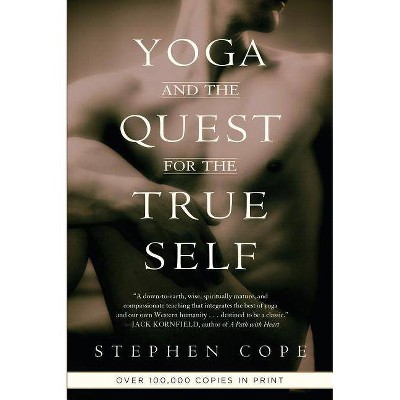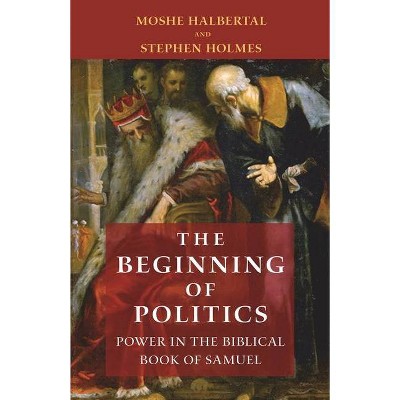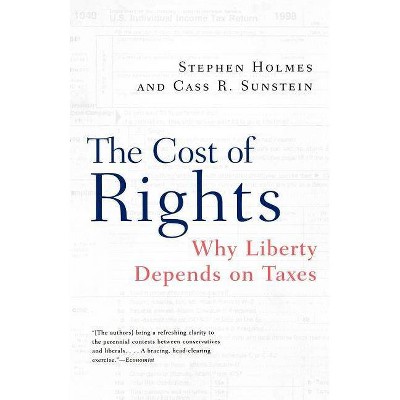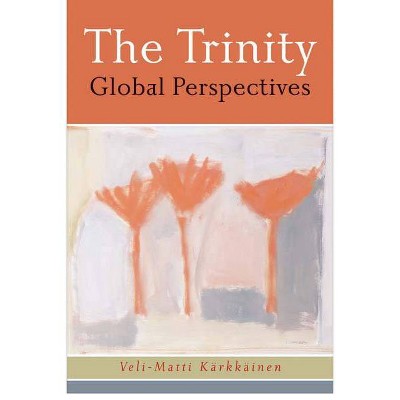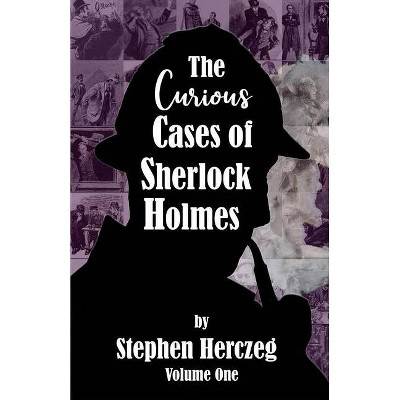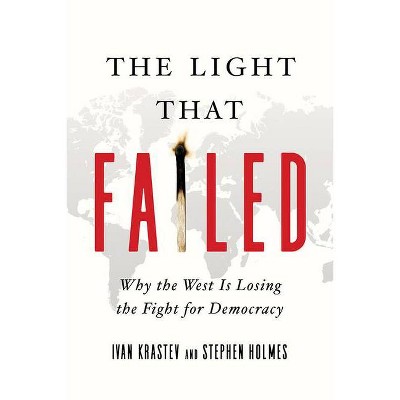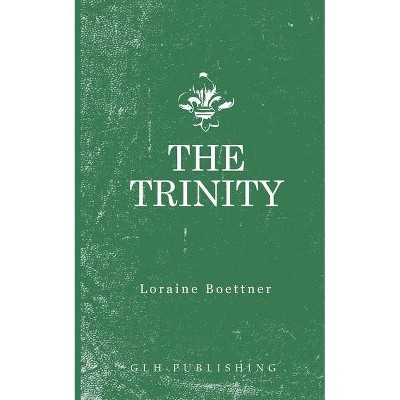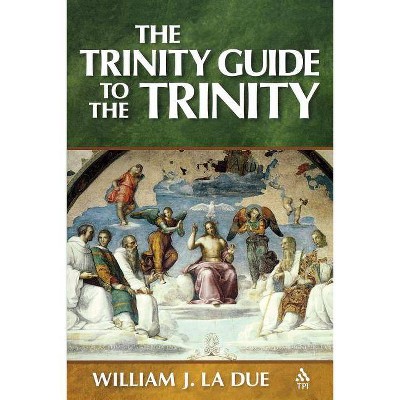The Quest for the Trinity - by Stephen R Holmes (Paperback)
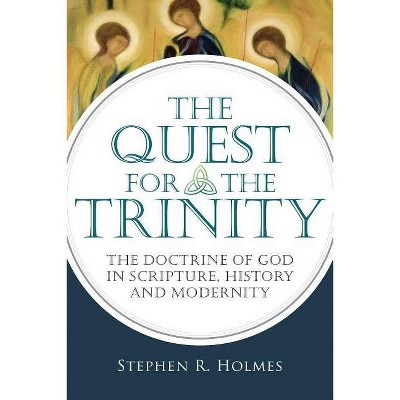
Similar Products
Products of same category from the store
AllProduct info
<p/><br></br><p><b> About the Book </b></p></br></br><p>Stephen Holmes tells the saga of the Christian doctrine of God, hoping to provide some reflective distance on today's revival in Trinitarian studies. We witness the church's discovery of the doctrine from Scripture, its crucial patristic developments, its medieval and Reformation continuity and its fortunes since the advent of modernity.</p><p/><br></br><p><b> Book Synopsis </b></p></br></br><p>The doctrine of the Trinity was settled in the fourth century, and maintained, with only very minor disagreement or development, by all strands of the church--Western and Eastern, Protestant and Catholic--until the modern period. In the twentieth century, there arose a sense that the doctrine had been neglected and stood in need of recovery. In <em>The Quest for the Trinity</em>, Holmes takes us on a remarkable journey through 2,000 years of the Christian doctrine of God. We witness the church's discovery of the Trinity from the biblical testimony, its crucial patristic developments, and medieval and Reformation continuity. We are also confronted with the questioning of traditional dogma during the Enlightenment, and asked to consider anew the character of the modern Trinitarian revival. Holmes's controversial conclusion is that the explosion of theological work in recent decades claiming to recapture the heart of Christian theology in fact deeply misunderstands and misappropriates the traditional doctrine of the Trinity. Yet his aim is constructive: to grasp the wisdom of the past and, ultimately, to bring a clearer understanding of the meaning of the present.</p><p/><br></br><p><b> Review Quotes </b></p></br></br><br><p>By the end, Holmes offers readers both a survey and a critique. As a survey, it is a masterfully concise and nuanced exploration into the historical heart of Christian theology. As a critique, it is a timely challenge to prevailing historical narratives. . . . In academia, this text will serve as a valuable interlocutor for engaging contemporary trends, while also engendering substantial discussion among scholars, as it already has.</p>--James A. Garcia, Trinity Journal, Fall 2017<br><br><p>I recommend the reading of this book to those who want to understand not only the differences between the classical and modern renditions of the doctrine of the Trinity, but also to better understand the presuppositional differences behind such interpretations.</p>--Marcos Blanco, Journal of Asia Adventist Seminary, 16.1 (2013)<br><br><p>In summary, <em>The Quest for the Trinity</em> is a positive contribution to Trinitarian theology. . . . Ultimately, I hope it leads more people to a deeper Christian understanding of the doctrine of the Trinity--a central truth of the faith.</p>--Rev. Shane Lems, Modern Reformation, September/October 2014<br><br><p>The story that Holmes tells, a story of tradition lost not retrieved, is a sad account indeed, and accurate. It is hoped that in light of this narrative, evangelical theologians will return to the rich trinitarian tradition of the Cappadocians, Augustine and the Reformers. When evangelicals return to this tradition they will drink from wells they did not dig and eat from trees they did not plant. Most importantly, they will be returning the church to the heart of the Christian tradition, the trinitarian God who is revealed in Scripture.</p>--J. T. English with Glenn R. Kreider, Bibliotheca Sacra, April-June 2014<br><br><p>What Holmes accomplishes is a challenge to much of current theology. He lays down this challenge clearly and with great documentation. In the course of his argument, Holmes makes admirably clear why even abstruse differences matter in how we live our lives of faith.</p>--Ellen K. Wondra, Anglican Theological Review, 96.4<br>
Price History
Price Archive shows prices from various stores, lets you see history and find the cheapest. There is no actual sale on the website. For all support, inquiry and suggestion messages communication@pricearchive.us
